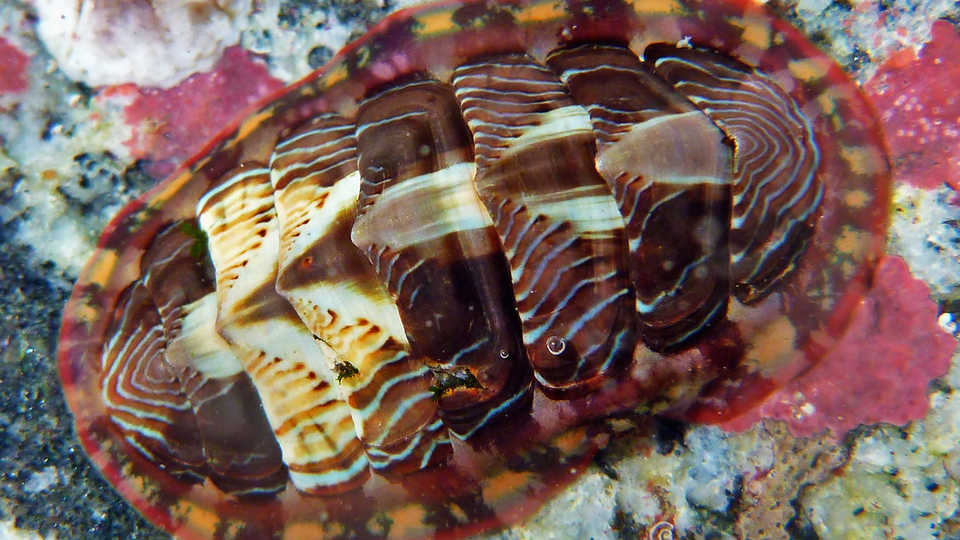
Welcome to WCM 2019's Symposia page!
Please note that speakers, topics, and symposia are subject to change. Contributed talks and posters are welcome in all of the above sessions and in any other scientific areas. Additional thematic sessions will be added in the final program.
Molluscs in Citizen Science: Jann Vandetti, Rebecca Johnson
Molluscan-focused citizen science initiatives have produced, and have the potential to produce, a variety of relevant data related to documenting introduced species, range extensions, rare occurrences, and ecological interactions. Importantly, Citizen Science also creates partnerships between institutions, scientists, and the public. This symposium will explore the products of molluscan-focused citizen science, its potential applications, and the online tools the have facilitated a digital data revolution in crowd-sourced biodiversity documentation.
Confirmed speakers:
- Jann E. Vendetti, Natural History Museum of Los Angeles County
- Casey H. Richart, founder of Molluscan Mycophagy on iNaturalist
- Alison N. Young, co-Director of Citizen Science, California Academy of Sciences
AMS Presidential Symposium on Molluscan Collections: Ellen Strong, Terry Gosliner
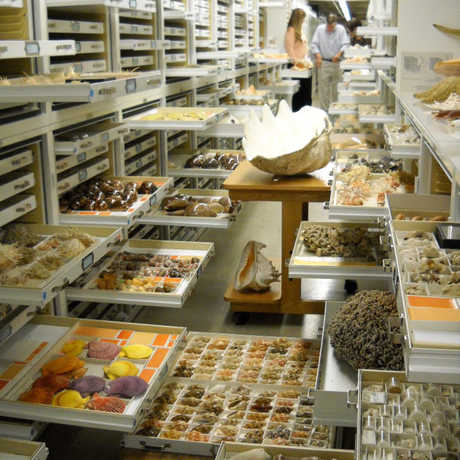
We live at a time when technology is advancing quickly, and our ability to capture, analyze, and aggregate large datasets is growing by leaps and bounds. We are also in the midst of a biodiversity crisis, with collections-based institutions having a unique role in documenting the biodiversity that remains and to inform the discussion on climate change. Meanwhile, the regulatory burden governing new collections is increasing and support for museums is in decline. Given this challenging environment, the AMS Presidential Symposium seeks to explore issues and questions relating to mollusk collections, both Recent and fossil, past, present and future. Some of the topics to be addressed, include: What is the next frontier for collections? What insights are new technologies revealing using historical collections? What does the coming age of exploration have in store for collections? Is this the golden age of collections, or is it already behind us?
Confirmed speakers:
- Philippe Bouchet
- Chris Meyer
The Evolution of Molluscan Weirdness—mechanisms and tempos of phenotypic diversity: Julia Sigwart, Jorge Audino
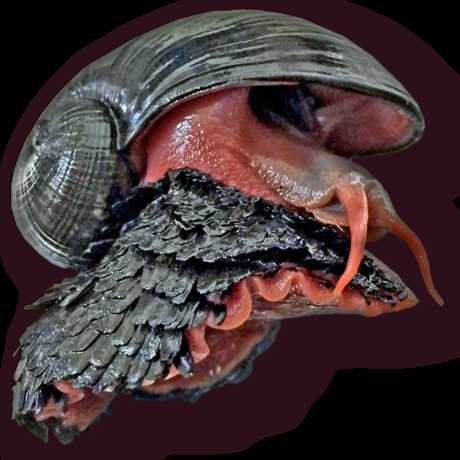
Molluscs are capable of evolving rapid and dramatic changes to the body plan. This capacity is a key feature of the phylum, but it also creates a challenge to interpreting deeper relationships and evolution. The goal of this symposium is to discuss both deep time and shallow time aspects of molluscan morphological disparity. Investigations focused on molluscan body plan evolution, phylogeny, rapid phenotypic changes, and adaptations are absolutely welcomed. In this symposium we want to consider the capacity of the molluscan body plan, genome, and diversity, and celebrate the weirdest molluscs.
Confirmed speakers:
- Chong Chen, Japan Agency for Marine Science and Technology
- Andreas Wanninger, University of Vienna
- Jin Sun, Hong Kong University of Science and Technology
Molluscs as Model Paleontological Systems: David Jablonski, Peter Roopnarine
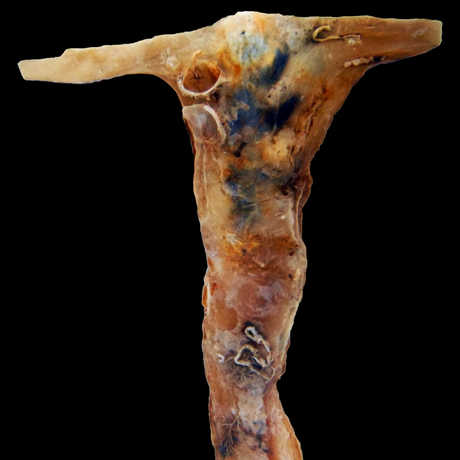
Their rich fossil record has made molluscs outstanding model systems for addressing issues in evolution, ecology, conservation biology, developmental biology, and many other fields. In this symposium, we bring together speakers with a wide range of interests, viewpoints and methods, to present a survey of current research using fossil molluscs as model systems to address questions of broad paleobiological significance.
Confirmed speakers:
- Alistair Crame, British Antarctic Survey
- Elizabeth M. Harper, University of Cambridge
- Steffen Kiel, Swedish Museum of Natural History
- Peg Yacobucci, Bowling Green State University
- David Goodwin, Denison University
- Katie Collins, University of Chicago
- Stewart Edie, University of Chicago
Color and Vision in Molluscs: Suzanne Williams, Jeanne Serb
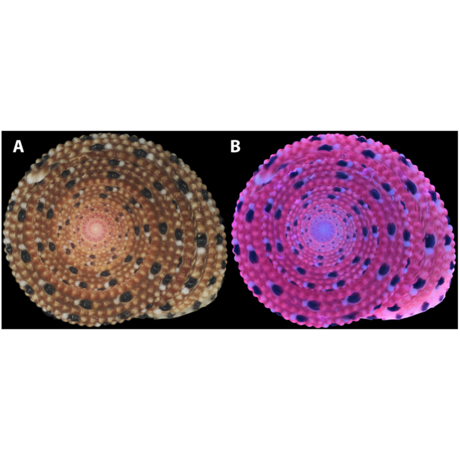
The evolutionary history of color and vision has been closely intertwined over the last 500 million years, leading to a dazzling diversity of colors and visual systems in the phylum Mollusca. Surprisingly given the range of colors and patterns in this group, nearly all molluscs are thought to be color blind and most have poor visual acuity and yet they showcase the greatest diversity of eye types in the animal kingdom. Our symposium will bring together sensory ecologists, physiologists, and evolutionary biologists to share their latest findings of color signalling and visual systems in molluscs. This will be an excellent opportunity for researchers to meet, exchange ideas, and possibly forge new collaborations.
Confirmed speakers:
- Lauren Sumner-Rooney, University of Oxford
- Daniel Speiser, University of South Carolina
- Roger Hanlon, Marine Biological Laboratory
- Carmel McDougall, Griffith University
Integrative Molluscan Genomics: Jessica Goodheart, Dede Lyons
High throughput sequencing and genomic data have become useful tools in many aspects of biological research. More specifically, these techniques have allowed for stronger phylogenetic hypotheses, finer parsing of population genetic structure within species, more precise identification of genes associated with particular phenotypes, and more complete insights into the functional morphology and physiology of organisms as a whole. A number of genomics studies using members of Mollusca have been completed recently or are currently underway, and this symposium seeks to highlight just a few of the diverse and integrative research projects that use genomic techniques in mollusks
Confirmed speakers:
- Gonzalo Giribet, Harvard University
- Dan Rokhsar, UC Berkeley
- Jeanne Serb, Iowa State University
- Michael Metzger, Pacific Northwest Research Institute
- Victoria Sleight, University of Cambridge
- Alice Accorsi, Stowers Institute for Medical Research
- Maryna Lesoway, University of Illinois, Urbana-Champaign
- Desmond Ramirez, University of Massachusetts, Amherst
- Vanessa Knutson, Harvard University
- Grant Batzel, UC San Diego
- Carrie Albertin, Marine Biological Laboratory
- Rebecca Varney, University of Alabama
Evolution of Toxins in Molluscs: Baldomero Olivera
Ecological insights from molluscs: From mountaintops to the deep sea: Patrick Krug
Partcipants:
- Rachel Collin
- Cassie Glaspie
- Andrew Kraemer
- Patrick Krug
- Mason Linscott
- Diarmaid O’Foighil
- Christine Parent
- Robert Vrijenhoek
- Danielle Zacherl
- Allison Fritts-Penniman
Thematic sessions
- Progress in Evolutionary Systematics and Biogeography of Continental Gastropods
- Novel Approaches to Managing Invasive and Pest Mollusks
- Commercial and Restoration Aquaculture of Molluscs
Additional thematic sessions will be added to the program as abstracts are submitted.